There is a common understanding that only animal products contain proteins and minerals, but you can find these nutrients in a higher quantity in vegetables either they are cooked or raw.
You can find the best vegetable protein sources in:
– spinach – 49%
– kale – 45%
– broccoli – 45%
– cauliflower – 40%
– mushrooms – 38%
– parsley leaves 34%
– cucumbers – 24%
– green pepper – 22%
– cabbage – 20%
Of course, the list is long and includes: beans, lentils, green peas, chickpeas, seaweed, nuts and seeds, mushrooms, avocado, zucchini, sprouts and all the freshly picked green leaves – they have sufficient doses of probiotics and B12.
Eating a plant-based diet, I’ve heard so many times the question: ‘From where are you taking your proteins?’
Many have opinions about your diet, giving advice and recommendations that it’s better to give up because it’s not healthy.
The body needs proteins to support life.
The function of proteins in the body is by far crucial in the formation, development, and repair of cells, tissues, muscles, and organs.
Also, proteins are essential in the production of antibodies and hormones and enzymes, facilitating a series of chemical processes throughout the body.
For vegans, getting complete protein from plant foods is essential because a deficiency can have serious health consequences. It’s even easy to get an incredible amount of protein from vegetable sources.
What Is The “complete protein”?
20 different amino acids can form a protein, the human body can not synthesize 9 of these amino acids.
These nine amino acids are called essential – meaning that we need to provide the necessary amino acids in the diet. To be complete, a source of protein must provide the body with all the essential amino acids in similar quantities.
Indeed, animal-derived proteins are complete, whereas those of plant origin are often incomplete. But the human body does not need all nine amino acids in each serving. We need these amino acids every day, not every meal.
The nine amino acids can be derived from a single source of food, or a combination of foods, which together form a complete protein.
The number of vegetarians and vegans is growing fast and the quality of vegetal proteins is an essential subject of discussions.
Many people choose to combine different sources of plant proteins, also called complementary proteins, that compensate for amino acid deficiencies with each other.
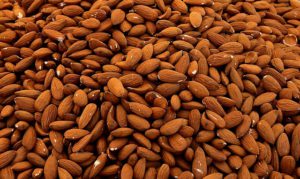
Check some ideas of complementary proteins:
– cereals and vegetables/legumes – lentils and brown/wild rice with yellow peppers
– nuts and vegetables – almond salad/walnuts /hazelnuts/pistachios and black beans
– vegetables and seeds – spinach salad combined with a dressing of sesame seeds and almonds
Sources Of Complete Protein
The only complete proteins of vegetable sources are:
– quinoa
– buckwheat
– hemp seeds
– soybeans
The most important sources of plant protein are:
– legumes (peas, chickpeas, lentils, beans – almost all beans)
– nuts (almonds, cashews, pecans, hazelnuts, peanuts, walnuts)
– seeds (sesame seeds, pumpkin, sunflower, hemp, flax)
– pseudo-cereals (millet, buckwheat, quinoa)
– cereals (barley, brown rice, wild rice, wheat germ, oat, rye)
– mushrooms.
Two tablespoons of hemp seeds contain 10 grams of protein. You can add them in smoothie, salads or cream soups.
Pumpkin seeds – a quarter cup of pumpkin seeds contains 10 g of protein. Also, they contain magnesium and zinc.
Amaranth does not contain gluten and is rich in vitamins. As for texture, it resembles quinoa. From them, you can cook a good pudding for breakfast.
Quinoa contains 8 grams of protein per cup of boiled product. Can be served with fresh vegetables and fruits and nuts.
Buckwheat is also a pseudo-cereal. It looks and tastes like a grain, but does not enter technically in the cereal group. A cup of buckwheat contains 6 grams of protein.
Plant sources of incomplete proteins
Lentils contain 18 grams of protein per serving (one cup of boiled lentils). However, it does not include specific amino acids to help assimilate proteins. Therefore, on the day you eat lentil you should also eat wheat (or wholemeal) or a handful of nuts.
Chickpeas have 14 grams of protein per serving. However, to be a complete source of protein, you need to eat a handful of nuts, pistachios, almonds or nuts the same day.
The pistachio contains 6 grams of protein per serving of 30 grams. However, to be useful, it should be consumed on the same day with leek or chickpeas.
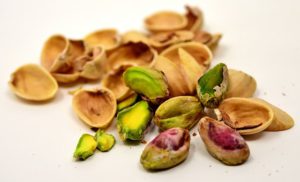
What About The Vitamin B12?
No matter the followed diet, we all need to supplement.
On the same misconception, voices are saying that you have to eat animal products to get vitamin B12. But, it is untrue. No natural ingredient of animal or vegetable origin contains B12. Vitamin B12 is a bacteria produced by microorganisms.
According to ‘National Institutes of Health‘, the amount of vitamin B12 to be administrated depends on your age.
Life Stage Recommended Amount
Birth to 6 months 0.4 mcg
Infants 7-12 months 0.5 mcg
Children 1-3 years 0.9 mcg
Children 4-8 years 1.2 mcg
Children 9-13 years 1.8 mcg
Teens 14-18 years 2.4 mcg
Adults 2.4 mcg
Pregnant teens and women 2.6 mcg
Breastfeeding teens and women 2.8 mcg
The Chia Seeds
These small seeds are a complete source of protein easy to digest and are also abundant in fiber and omega-3 fatty acids. They are also rich in minerals, including calcium, manganese, phosphorus, iron, and zinc.
100g Chia seeds contain 15g of protein.
Lentils
Lentils are considered an excellent source of protein, complex carbohydrates, and fiber. It is an excellent source of minerals, of which phosphorus, iron, zinc, and magnesium are distinguished, as well as vitamins of group B (B1, B2, B3, B5, B6, and B9).
The most common types of lentils for food are lemon green and red ones, which retain their best shape and properties after boiling.
100g of boiled lentils contain 9g of protein.
Hemp seeds
Hemp seeds contain all nine essential amino acids and are also rich in fiber. They provide an optimal ratio of omega-3 and omega-6 fatty acids and are also rich in minerals and antioxidants.
These seeds are related to reducing systemic inflammation and hormonal balance among many other benefits.
100g of hemp seeds contain 30g of protein.
Quinoa
Quinoa is considered to be a pseudo-cereal, is also an excellent source of complete protein. It is also rich in fiber, copper, folic acid, magnesium, manganese, phosphorus, and zinc, as well as some antioxidants.
100g of cooked quinoa contains 4.5g of protein.
Seeds of sunflower, sesame, flax, pumpkin
These seeds are rich in protein as well as vitamins E, B1, B6, folic acid, minerals such as magnesium, selenium, manganese, copper, phosphorus, and phytosterols.
100g of sunflower seeds, raw, contains 21g of protein
100g of sesame seeds contains 20g of protein
100g of flax seeds contain 18g of protein
100g of pumpkin seeds, raw, contains 24g of protein
Conclusion
The human body needs 15g to 35g of protein per day.
Try to avoid all the products made to taste and have a consistency like meat products.
Plants provide essential and non-essential amino acids in different quantities depending on the plant source.
I hope you enjoyed the article. Give it a LIKE, SHARE and COMMENT.

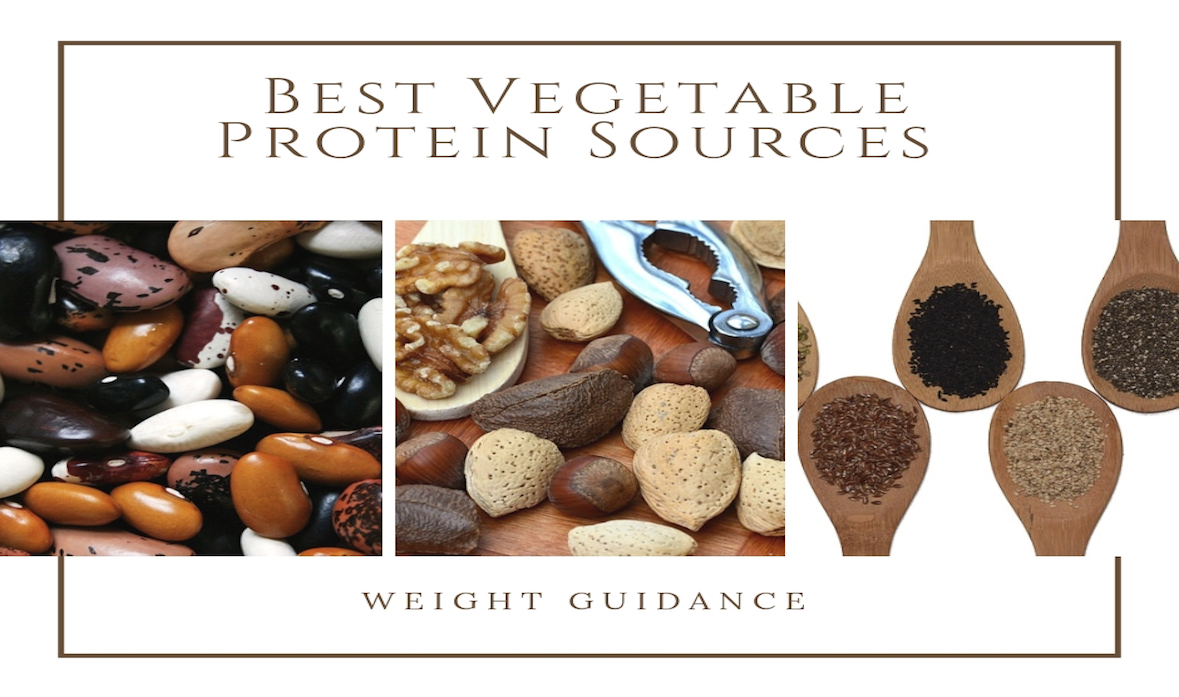
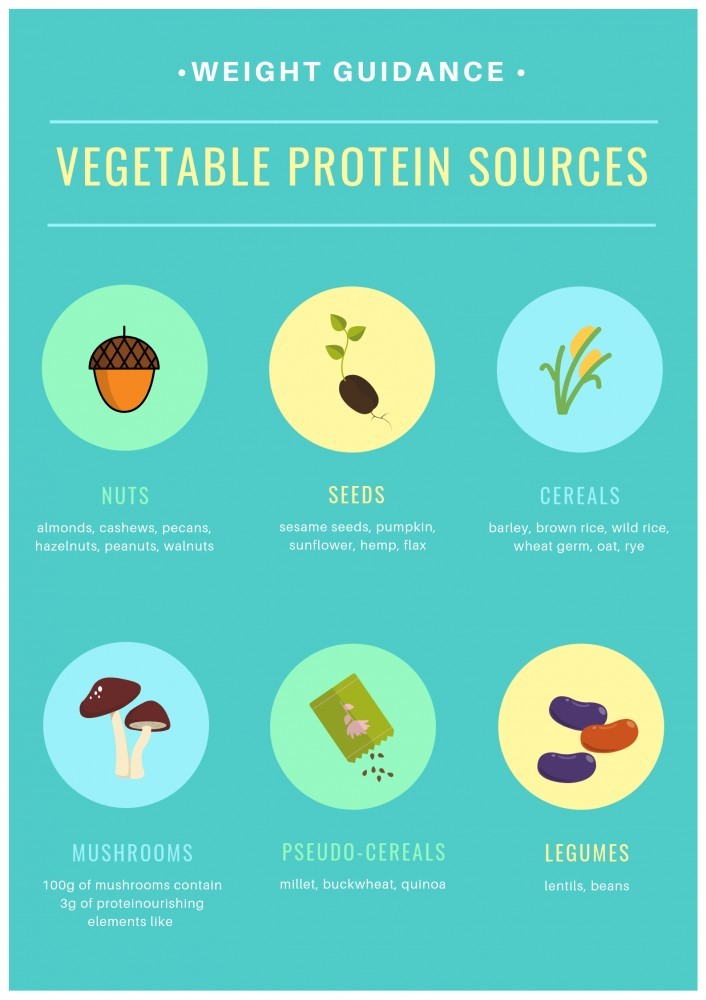
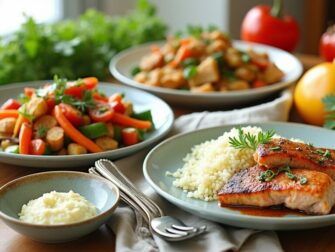
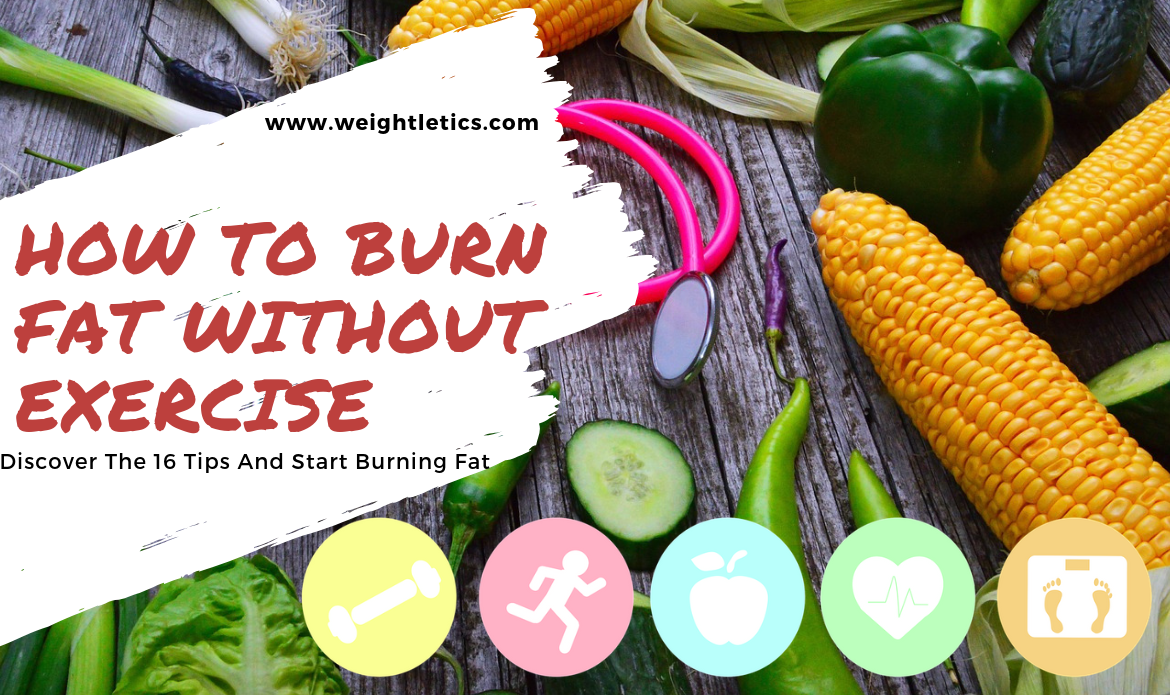
I just really want to say THANK YOU!
I am always looking for ways to eat healthier, and this provides great content that I will use daily.
You are very knowledgeable! Great post!
Thank you, Montana. I’m glad that you like it and find it useful.
Stay healthy!